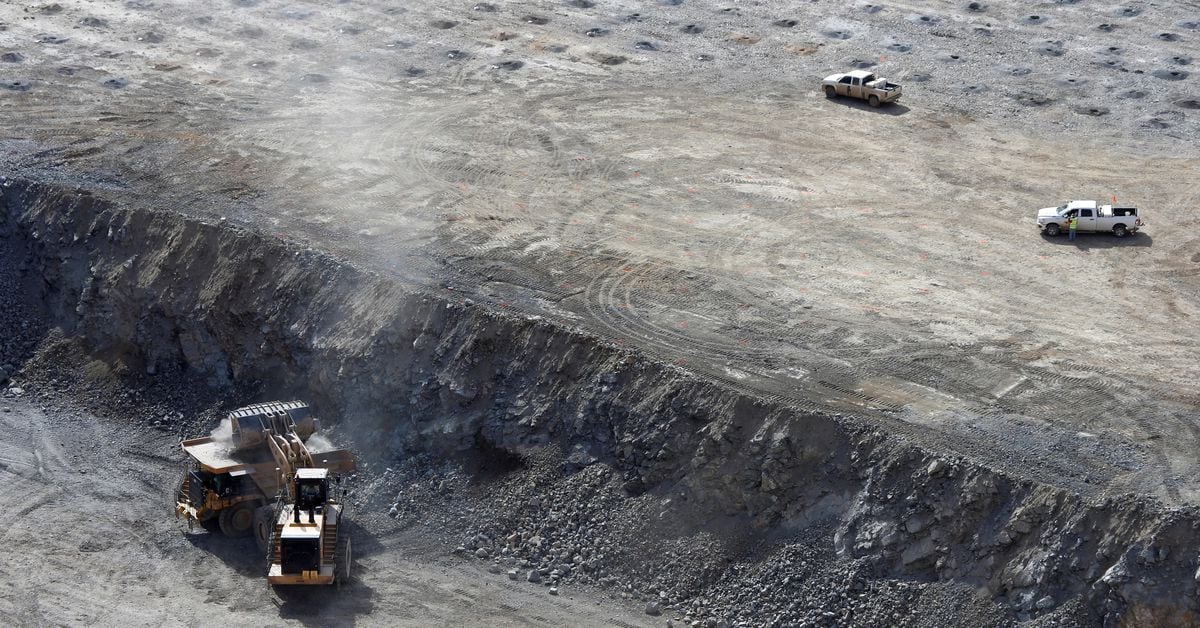- cross-posted to:
- [email protected]
- cross-posted to:
- [email protected]
Or … they could just get their magnets from one of several other countries that have the capability to produce them, but aren’t doing so because there’s no demand for it.
They don’t want to pay the prices required to make it practical to mine and refine these substances in quantity in a developed country that will at least try to deal with the environmental consequences.
This is the best summary I could come up with:
LONDON/BERLIN, Nov 14 (Reuters) - The auto industry’s drive to make electric vehicle motors with little to no rare earth content has hit high gear, with European, U.S. and Japanese automakers and suppliers racing for alternatives in an area dominated by China.
But different types of motors without permanent magnets that were previously too big and too inefficient, or those with greatly-reduced rare earth content have become commercially viable, prompting the rush for alternatives.
Aside from over-reliance on China, refining rare earths, such as neodymium and dysprosium, involves solvents and toxic waste that conflict with sustainability goals.
“It was not a home run… but it works very well without rare earths” said Uwe Deuke, the engineer in charge of developing BMW’s EESM motor for its next-generation EVs.
Gerd Roesel, innovation head at the German supplier’s electrification division, said rare earth-free alternatives avoid those wild price swings.
Shunji Oki, expert leader at the automaker’s powertrain and EV engineering division, said Nissan is developing both better EESM motors and permanent magnets where rare earths will be phased out.
The original article contains 809 words, the summary contains 176 words. Saved 78%. I’m a bot and I’m open source!



